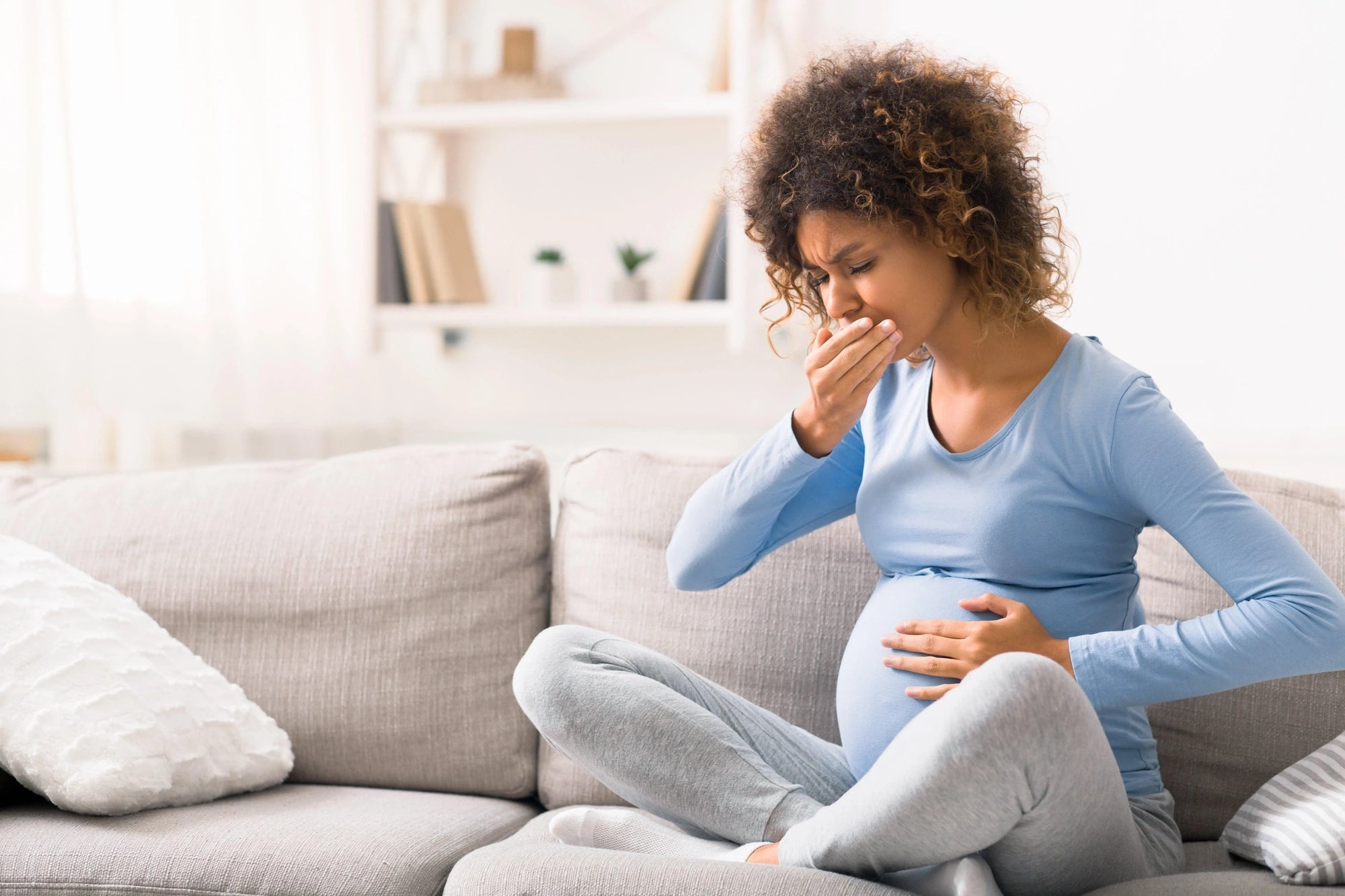Just imagine.
Waking up in the morning without being greeted by the dreaded morning sickness. And all of its other friends too:
Tiredness, bloatedness, swollen ankles, fogginess, constipation and indigestion.
While it isn’t a cure in itself, water can help relieve you from these unwanted symptoms. You’d be surprised at the impact it can have on your health, as well as your baby’s.
How Hydration Helps During Your Pregnancy
Feeling sceptical? What does water have to do with a healthy pregnancy?
Quite a lot actually.
It can make being pregnant a little more comfortable. And you deserve a bit more comfort – you’re growing a new life inside you!
Water supports your body during all of its physiological changes and can help alleviate side effects from the pregnancy. It can ease morning sickness along with feelings of nausea.
If that isn't enough to make you start drinking more water right away, it can also help with nasty urinary tract infections, dizziness, swollen ankles, constipation and cramps.
Not only that, it reduces feelings of tiredness – giving you a much-needed boost in energy. If you suffer from a lot of bloating – contrary to what you might think – drinking enough water can help relieve it, as well as improve your overall digestion.
During pregnancy, your body drains a lot more of your own resources. For example, your body replenishes the amniotic fluid your little one is swimming in every hour. To keep this supply going, you've got to keep properly hydrated.
Because of frequent trips to the bathroom during pregnancy, it’s vital to keep drinking water and replace what you lose.
It helps to drink water in sips throughout the day rather than in one go. This means less trips to the bathroom while still keeping hydrated.
The important thing to keep in mind is that severe dehydration can have quite a serious impact on a pregnancy. It can lead to lower levels of amniotic fluid which can affect the baby or lead to more contractions.
Your blood gets thicker during pregnancy, so if you don't keep properly hydrated you could end up getting cardiovascular issues or hypertension.
Giving Your Baby a Good Start
Hydration creates a healthy environment which supports the baby during pregnancy. Water transports vital nutrients to the unborn baby through the umbilical cord and helps to keep it hydrated.
It’s important to drink more water when breastfeeding too, as you’ll feel thirstier. If you're using formula instead of breastfeeding, it’s better to mix the formula with high-quality water.
Tap water may contain contaminants, high levels of metals and small doses of bacteria which may be okay for adults, but aren’t the best for babies. Newborns have developing immune systems – so they're more vulnerable.
In fact, it's recommended to boil tap water for babies under 6 months old. Otherwise it could be unsafe. Even bottled water contains high levels of sodium or sulphate which aren’t beneficial for the baby.
To ensure your child has water that is higher quality, it’s a good idea to use filtered water in their formula.
Also, when bathing your little one, use filtered water since it hydrates the skin better. This is because it’s free of chemicals that remove the skin’s oils. If your baby has eczema, using tap water might not help because it tends to dry out the skin.
It’s incredible what water can do for you and your baby’s health. It's essential to ensure the water is of the highest quality.
To get the best water, it’s worth investing in a water filter. Find out more.






